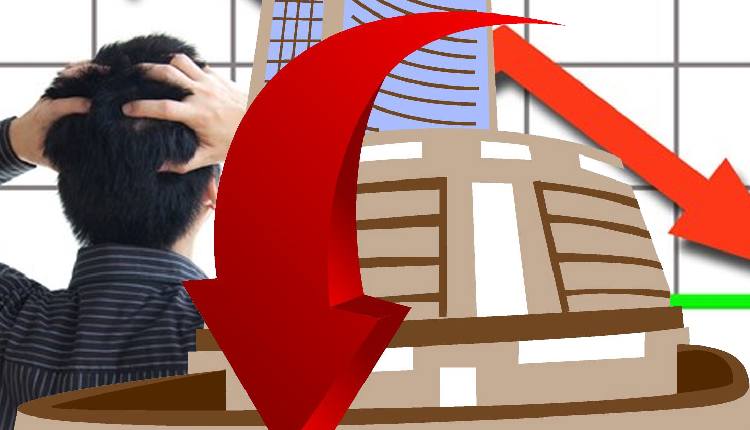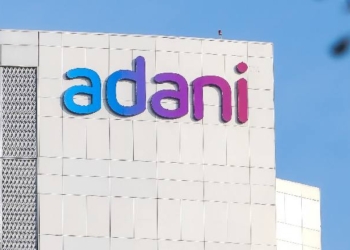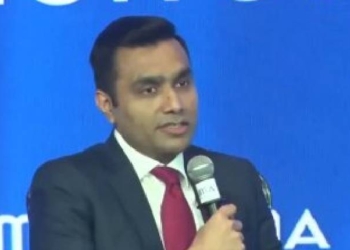Mumbai: Indian stock markets on Friday ended in the red for the second day in a row, as investors turned cautious after US President Donald Trump’s reciprocal tariffs announcement.
The sensex fell by 930.67 points, or 1.22 per cent, to close at 75,364.69. During the day, the index moved between an intra-day high of 76,258.12 and a low of 75,240.55.
The broader Nifty also dropped sharply and settled at 22,904.45, down by 345.65 points, or 1.49 per cent during the intra-day trade.
“The recent implementation of higher-than-anticipated US tariffs has had a significant impact on global markets, triggering a bearish trend as investors assess the broader implications,” said market experts.
“Domestically, while the direct impact of these tariffs is relatively moderate compared to other major economies, it remains more substantial than initially projected,” he added.
Among the Sensex stocks, Tata Steel, Tata Motors, Larsen & Toubro, IndusInd Bank, Tech Mahindra, and Reliance Industries were the biggest drags, with some falling by as much as 8.36 per cent.
However, a few heavyweights like HDFC Bank, Bajaj Finance, Nestle India, ICICI Bank, Asian Paints, ITC, and Axis Bank managed to close in the green with gains of up to 1.59 per cent.
The pressure was even more visible in the broader market. The Nifty Smallcap100 index crashed by 3.56 per cent, while the Nifty Midcap100 index fell by 2.91 per cent.
Almost all sectoral indices ended in the red, except Nifty Financial Services and FMCG. The worst-hit sectors were Metal, IT, Oil & Gas, PSU Bank, Auto, and Realty, which saw declines ranging from over 2 to 6.5 per cent.
Rupee traded positive with gains of 0.16 at 85.20, supported by weakness in crude prices, which helped the rupee maintain strength.
“Gold witnessed profit booking with prices down by Rs 650 at Rs 89,450 in MCX, following the official announcement of tariff pricing,” said Jateen Trivedi of LKP Securities.
He added that the move comes as the markets had already priced in the impact of reciprocal trade tariffs over the past few months, making profit-taking a natural outcome.
Meanwhile, India’s volatility index, India VIX, which measures market fear and uncertainty, rose by 1.13 per cent and ended at 13.76. The rise in VIX suggests that investors are becoming increasingly cautious amid global trade tensions.
(IANS)
















